A Short Story Of “Who Introduced Quinoa?” And 10 Amazing Quinoa Health Benefits!
“Keen-wah!” That is how Quinoa is actually pronounced. If you have heard your friends, family or doctors referring to this cereal as super healthy food, here are 10 scientifically proven Quinoa health benefits and some amazing nutrition facts that will compel you to add this nutritious delicacy into your diet more often!
Quinoa which is scientifically known by the name Chenopodium quinoa belongs to the genus Amaranthus.
A Short And Cute Story Of ‘The Incas’ Who Introduced Quinoa To The World!
Quinoa first originated in Northwestern America around 3000-4000 years ago! The Inca empire that flourished in the Andean region considered Quinoa to be the “Mother of grains.”
In fact, Quinoa was so sacred to them, the emperor of Incas used golden tools and implements to sow the seeds of quinoa every season.
The holy principles and practices of the Incas were given recognition by The United Nations General Assembly, later by declaring 2013 as the “International Year of Quinoa”
It is because of the Incas practices that today we are able to reap the maximum health benefits of Quinoa!
Unleashing The Amazing Power Of Quinoa – Quinoa Nutrition Facts!
About Amino acids
One super interesting nutritional fact of quinoa that makes it so unique from the rest of the foods is that it contains all the nine essential amino acids which is usually a rare phenomenon! Moreover, the quantity of these amino acids is high when compared to other cereals (1)
Our cells, muscles, and tissues are made up of amino acids and we need amino acids for proper growth of the body’s tissues and their repair! They also help in storage and transportation of nutrients.
About Gluten – is Quinoa gluten free?
Quinoa is gluten free which is a major advantage for those suffering from celiac disease (the condition in which the symptoms like bloating and diarrhoea occur because of gluten). Gluten is a kind of protein found in wheat, barley, and ryes which imparts the elastic texture to the dough!
About Vital Nutrients
Apart from these two amazing properties, quinoa is a great source of various antioxidants and some essential nutrients like Manganese, Magnesium, phosphorous, Iron, zinc, copper and folate.
It also contains other nutrients like Vitamin E, Thiamin, Riboflavin, Niacin, Vitamin B6, calcium, potassium, sodium, and selenium.
About carbohydrates, proteins, fats and dietary fibers
Proteins account to 8.1 grams per one cup of cooked quinoa (185 grams) with 16% RDA and carbohydrates account to 39.4 grams for the same quantity with 13% RDA. RDA refers to the recommended dietary allowance.
About antioxidants
Quinoa also contains certain plant components that we call as antioxidants which contribute to a wide range of quinoa health benefits!
Major antioxidants present in quinoa include phenolics, betacyanins, fatty acids, tocopherol, and carotenoids. (2)
Here is a perfect representation of all the essential nutrients that you can obtain by consuming one cup of cooked quinoa (which weighs 185 grams). (3)
Know the Recommended dietary allowance of each nutrient that quinoa helps you to meet!
| Vitamins | Grams | %DV (Percentage of daily requirement that it meets) |
|---|---|---|
| Vitamin A | 9.3 IU | 0 |
| Vitamin E | 1.2 mg | 6% |
| Thiamin | 0.2 mg | 13% |
| Riboflavin | 0.2 mg | 12% |
| Vitamin B6 | 0.2 mg | 11% |
| Niacin | 0.8 mg | 4% |
| Folate | 77.7 mcg | 19% |
| Minerals | Grams | %DV (Percentage of daily requirement that it meets) |
| Calcium | 31.5 mg | 3% |
| Iron | 2.8 mg | 15% |
| Magnesium | 118 mg | 3% |
| Phosphorous | 281 mg | 28% |
| Potassium | 318 mg | 9% |
| Zinc | 2.0 mg | 13% |
| Sodium | 13.0 mg | 1% |
| Copper | 0.4 mg | 18% |
| Manganese | 1.2 mg | 58% |
| Selenium | 5.2 mcg | 7% |
| Flouride | ~ | ~ |
| Other elements | Grams | %DV (Percentage of daily requirement that it meets) |
| Carbohyrdates | 39.4 grams | 13% |
| Proteins | 8.1 grams | 16% |
| Fats | 3.6 grams | 5% |
10 Health Benefits Of Quinoa – What Is Quinoa Good For?
Starting from the most desired health benefit like weight loss to other major beauty benefits like enhancement of skin and hair health, quinoa benefits are of a wide range!
1. Quinoa For Weight Loss
Quinoa is a good source of proteins which can curb your longings to have more food because proteins increase your satiety.(4)
Good protein intake also increases your metabolism which helps in weight loss. This is because proteins require much energy to get digested by the body and this helps you shed extra calories.
Also, quinoa is a good source of dietary fibres (One cup which is 185 grams helps you meet 21% of your daily dietary fibre requirement). Epidemiologic Studies have proven that the intake of dietary fibre is associated with lower body weight. (5)
Above all, quinoa has a low glycemic index which is an additional factor that contributes to weight loss. A glycemic index which is less than 55 is considered as low.
Experiments conducted on protein intake and glycemic index have proved that an increase in protein intake and a decrease in the glycemic index has helped in steady maintenance of body weight.(6)
Considering all the above factors, opting for quinoa for weight loss is the healthiest choice one can make!
2. Quinoa Benefits For Heart Health

Several studies have concluded that the consumption of whole grains can decrease the overall risks of various cardiovascular diseases.(7)
Quinoa is a whole grain that is totally free of gluten and also, the consumption of quinoa is known to reduce the levels of LDL (which is a kind of bad cholesterol).
This is because whole grains are a good source of dietary fibres which contain soluble fibres that play a major role in decreasing the bad cholesterol (LDL) present in the serum. 8
Moreover, quinoa contains three types of healthy fats namely palmitic acid, linoleic acid (polyunsaturated fat) and oleic acid (Monounsaturated fat).
Analysis done on monounsaturated and polyunsaturated fatty acids regarding their influence on health proved that both the types of healthy fats can reduce the risks of cardiovascular diseases.9 10
3. Is Quinoa Good For Diabetics And High Blood Pressure?
The major constraint for those suffering from diabetes is managing the dietary habits so that there are no disruptions in the blood sugar levels.
Choosing whole grains would make a perfect decision because these are high in both proteins and fibres, both of which are absorbed at a slower pace by the body.
Moreover, the glycemic index of quinoa is around 53 which results in the slower absorption of carbohydrates by our body, thereby helping us maintain stability in blood glucose levels.
Studies conducted on the intake of cereals, pseudo-cereals (like quinoa) and legumes together resulted in the effective management of both diabetes and hypertension (high blood pressure). 11
The presence of magnesium in quinoa (118 mg in 185 grams with 30% RDA) is of a great benefit for those suffering from a high blood pressure because of its ability to control the blood pressure. 12
4. Benefits Of Quinoa For Skin Health
Quinoa entails anti-ageing factors which can help your skin look young and revitalizing. This is because of antioxidant properties of the cereal which can fight the free radicals.
Free radicals damage the healthy cells of our skin making it dull and lusterless. Quinoa also contains a copper-containing enzyme (Tyrosinase) that plays a vital role in the synthesis of melanin and other essential skin pigments.
On the whole, it is the presence of various phytochemicals like that of the antioxidant property combined with the composition of skin-friendly enzymes like Tyrosinase that contributes to anti-ageing and prevents the occurrence of pigmentation. 13
Quinoa Facemask For Flawless Skin
All we need is a perfect exfoliant to cleanse our skin off all the dirt and bacteria and prevent the occurrence of acne and zits.
Applying a quinoa face mask at least twice a week can bring significant change to your skin texture and help you get rid of the unwanted acne and pigmentation.
Ingredients Required
- 1.2 cup cooked quinoa
- 1 tablespoon honey
- 2 -3 tablespoons yoghurt
You can change the quantities as per your convenience so as to obtain a smooth texture.
How To Apply?
Mix all the ingredients well and prepare a smooth mixture. Apply the face mask evenly all over your face and neck and rub it well into your pores in a circular motion using your forefingers.
Do not apply much pressure if you already have acne. Otherwise, firm pressure and a continuous massage for 15-20 minutes are enough to let the mixture act well on your skin.
Let the mixture remain as such for 30-45 minutes, after which you can rinse your face with lukewarm water and pat it dry.
5. Why Is Quinoa Healthy Food For Hair Growth?
Diet plays a vital role in hair growth. A strong and well-nourished hair requires a good intake of all the required proteins and nutrients.
In order to retain the strength of hair follicles and to acquire those long unbreakable tresses, it is essential to know whether we are providing our body with some major nutrients that play a significant role in promoting healthy hair.
Studies and analysis have to say that the deficiency of certain nutrients like zinc, selenium, Iron, folic acid, niacin, vitamin A, vitamin E, vitamin D and Biotin and other essential components like antioxidants and fatty acids may cause hair loss.14
Quinoa is good source of almost all these nutrients except biotin and vitamin D. It is also a wonderful source of proteins (not to forget that it has all the 9 essential amino acids that make it amazingly powerful).
The presence of antioxidants and fatty acids make quinoa one of the best foods for the growth of healthy hair.15
6. Quinoa Health Benefits – Bone Strength!
The recommended dietary allowance of magnesium for adults is 310-420 mg and quinoa contains 118 mg per one cup which weighs around 185 grams.
Although calcium is the most important mineral that is required for the formation of healthy bones and teeth, it is the right amounts of magnesium that helps in proper absorption of calcium.
Magnesium deficiency might cause osteoporosis which is why it is essential for us to meet the daily recommended intake of the mineral. However, an excess intake of magnesium can be harmful. 16
Make sure that you do not exceed the limited intake of magnesium.
Apart from a proper intake of vitamin D, magnesium and calcium, dietary proteins play a crucial role in maintaining your bone strength. Moreover, quinoa is a perfect source of amino acids which makes it the best foods for increasing bone mineral density.
7. Quinoa For The Prevention Of Cancer
With an increase in the cancer rate by each passing year, we need to monitor our food habits to prevent the risk of being prone to the dreadful disease.
Fortunately, we have whole grains like quinoa as the best sources of food that can prevent cancer because of the presence of dietary fibres in them.
Also, quinoa is the best source of magnesium which can prevent the chances of colorectal cancer. 17
The presence of antioxidants in quinoa makes it the best anti-cancer foods since antioxidants can fight the free radicals which might otherwise cause DNA damage and mutations that lead to cancer.
8. Quinoa Boosts Your Metabolism
Metabolism is the rate at which all the metabolic activities take place in our body. We need a good metabolic rate to burn the extra calories and stay fit.
Metabolism, however, differs from one person to another, because of various factors that influence the rate of these activities. These factors include age, physical activity, hormonal changes, size of the body, muscular mass and internal temperature.
We can choose to maintain a good metabolic rate by including metabolism boosting foods into our diet. Quinoa is one such food that speeds up the metabolism since it contains both proteins and fibres in good amounts. 18
Moreover, the pseudocereal is low in glycemic index. Considering all these factors, quinoa takes much time to get absorbed by our body, which increases our overall metabolism, thus requiring us to spend more energy (burning more calories) for the overall process.
9. How Quinoa Benefits Your Digestive Health?
Regular consumption of quinoa prevents constipation because of the presence of soluble fibre in it which helps in adding more bulk to your stools, thereby helping in a smooth and easy bowel movement.
Consuming quinoa with other easily digestible foods like yoghurt can benefit your overall digestive health and prevent the chances of gastrointestinal disorders.
Yoghurt contains probiotics in it which increase the number of good bacteria.
10. Why Quinoa Is An Excellent Immunity Booster?
Quinoa contains natural plant components like antioxidants which can prevent the free radical activity.
Also, quinoa contains Immunity boosting nutrients such as zinc, selenium, iron, folate and vitamin B6 all of which have their significant role in strengthening the immune system.
Fibres in quinoa can reduce your bad cholesterol levels and keep your blood sugars in control which prevents the risk of these common chronic disorders!
Bottom Line
Quinoa is the healthiest weight loss food with an excellent source of proteins and dietary fibres. It is also a great source of antioxidants and some major nutrients like magnesium, folate, manganese, iron, copper, zinc and phosphorous.
A daily intake of quinoa helps in protecting your heart health, controlling your blood pressure and blood sugar levels, boosting your immunity and metabolism, enhancing your digestive health, improving your skin and hair health, prevention of cancer and strengthening of your bones!

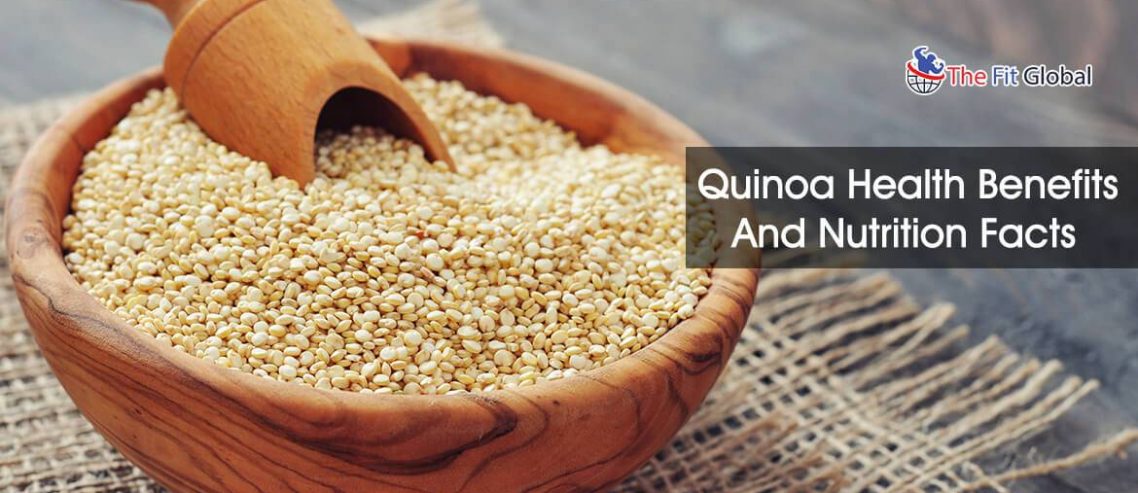
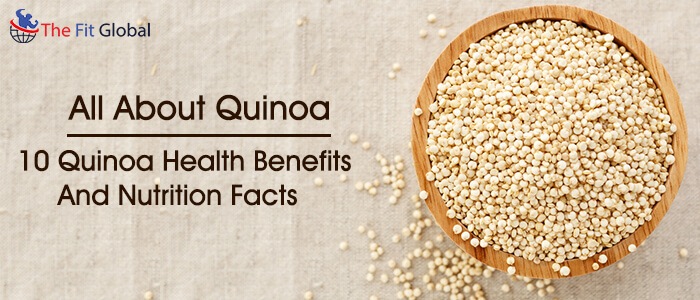





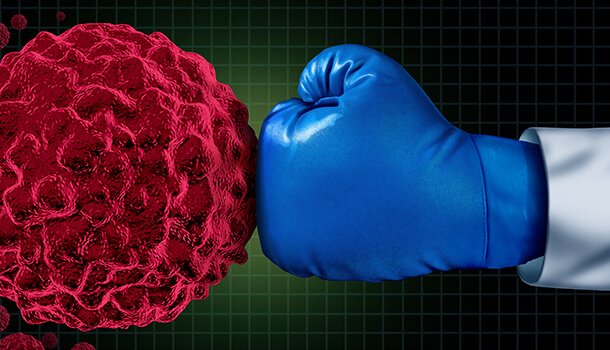
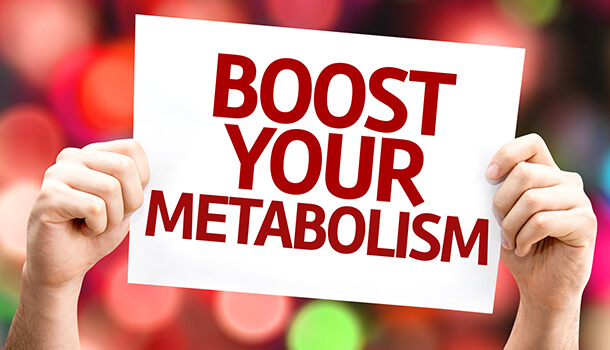
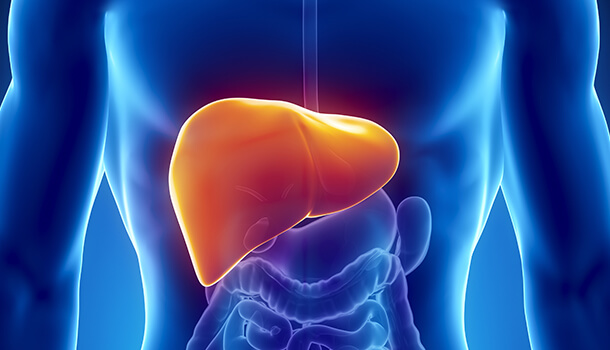


Comments
Leave a Comment